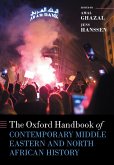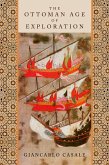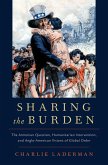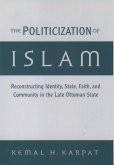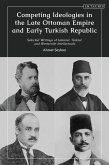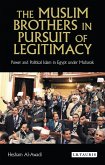In colonial-era Egypt, a new social category of "modern men" emerged, the efendiyya. Working as bureaucrats, teachers, journalists, free professionals, and public intellectuals, the efendiyya represented the new middle class elite. They were the experts who drafted and carried out the state's modernisation policies, and the makers as well as majority consumers of modern forms of politics and national culture. As simultaneously "authentic" and "modern", they assumed a key political role in the anti-colonial movement and in the building of a modern state both before and after the revolution of 1952. Lucie Ryzova explores where these self-consciously modern men came from, and how they came to be such major figures, by examining multiple social, cultural, and institutional contexts. These contexts include the social strategies pursued by "traditional" households responding to new opportunities for social mobility; modern schools as vehicles for new forms of knowledge dissemination, which had the potential to redefine social authority; but also include new forms of youth culture, student rituals, peer networks, and urban popular culture. The most common modes of self-expression among the effendiyya were through politics and writing (either literature or autobiography). This articulated an efendi culture imbued with a sense of mission, duty, and entitlement, and defined the ways in which their social experiences played into the making of modern Egyptian culture and politics.
Dieser Download kann aus rechtlichen Gründen nur mit Rechnungsadresse in A, B, BG, CY, CZ, D, DK, EW, E, FIN, F, GR, HR, H, IRL, I, LT, L, LR, M, NL, PL, P, R, S, SLO, SK ausgeliefert werden.



